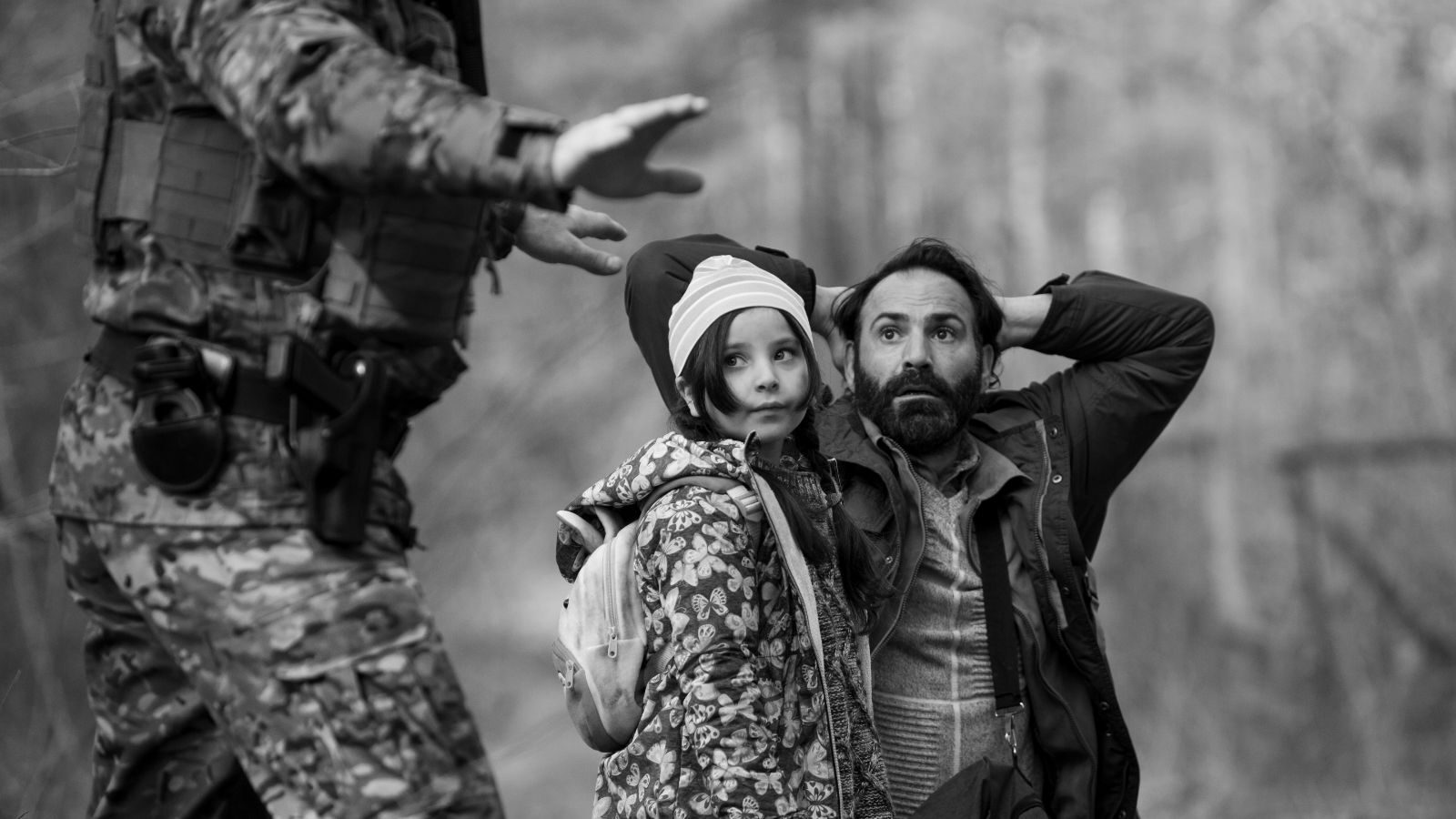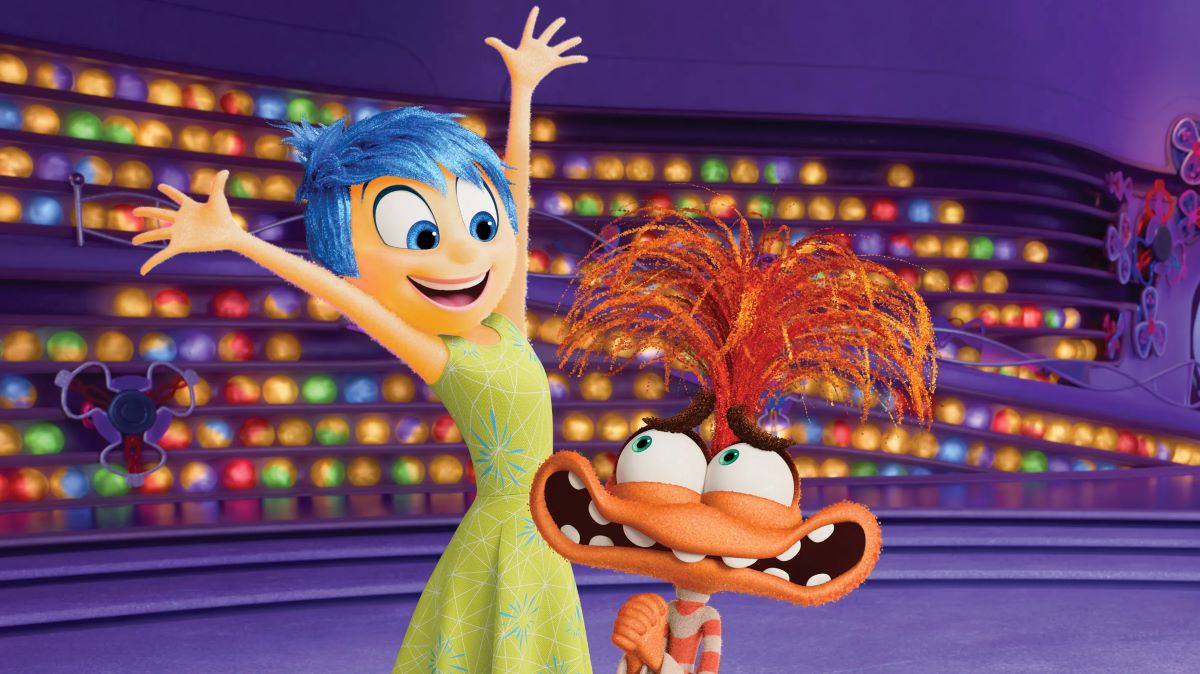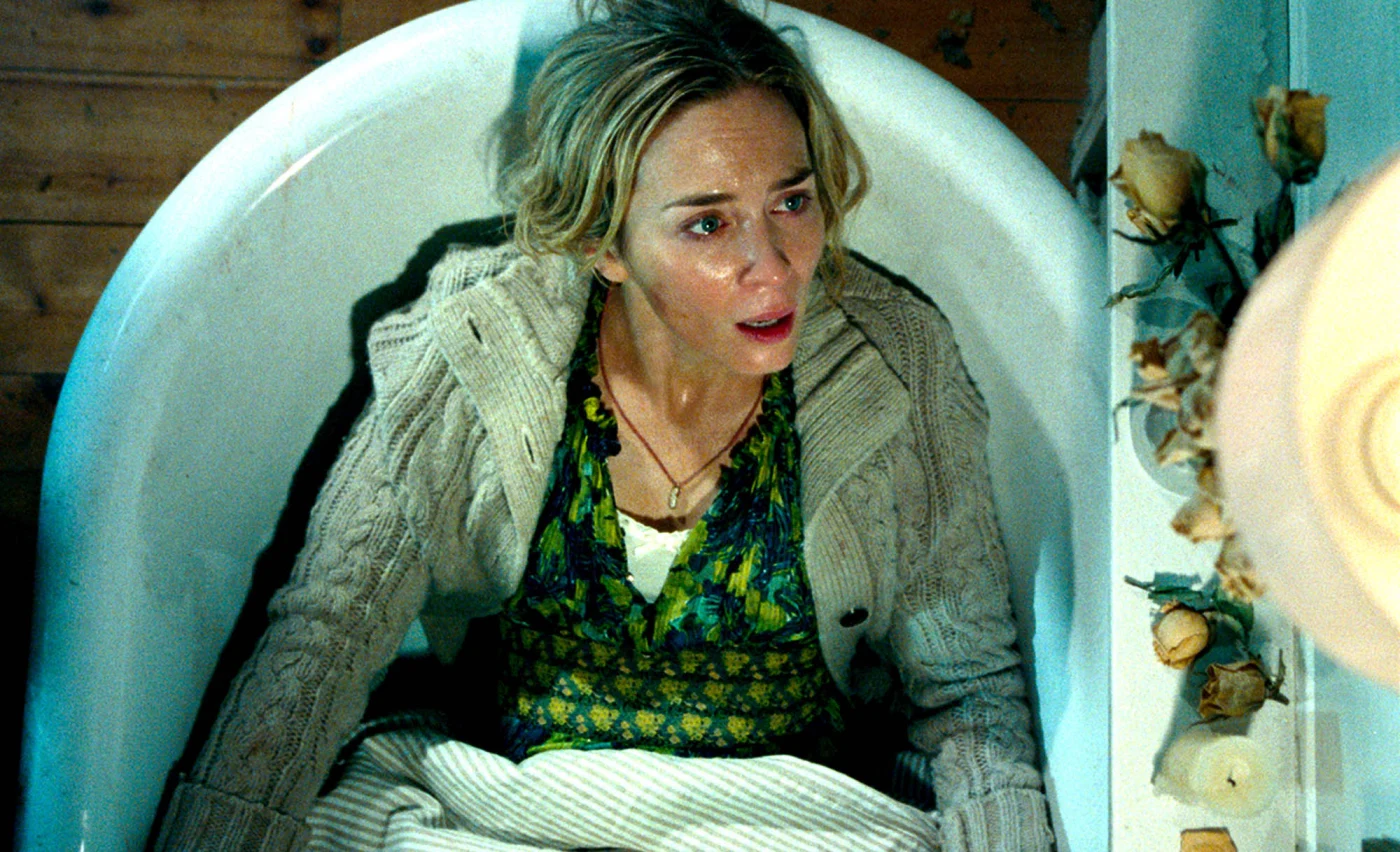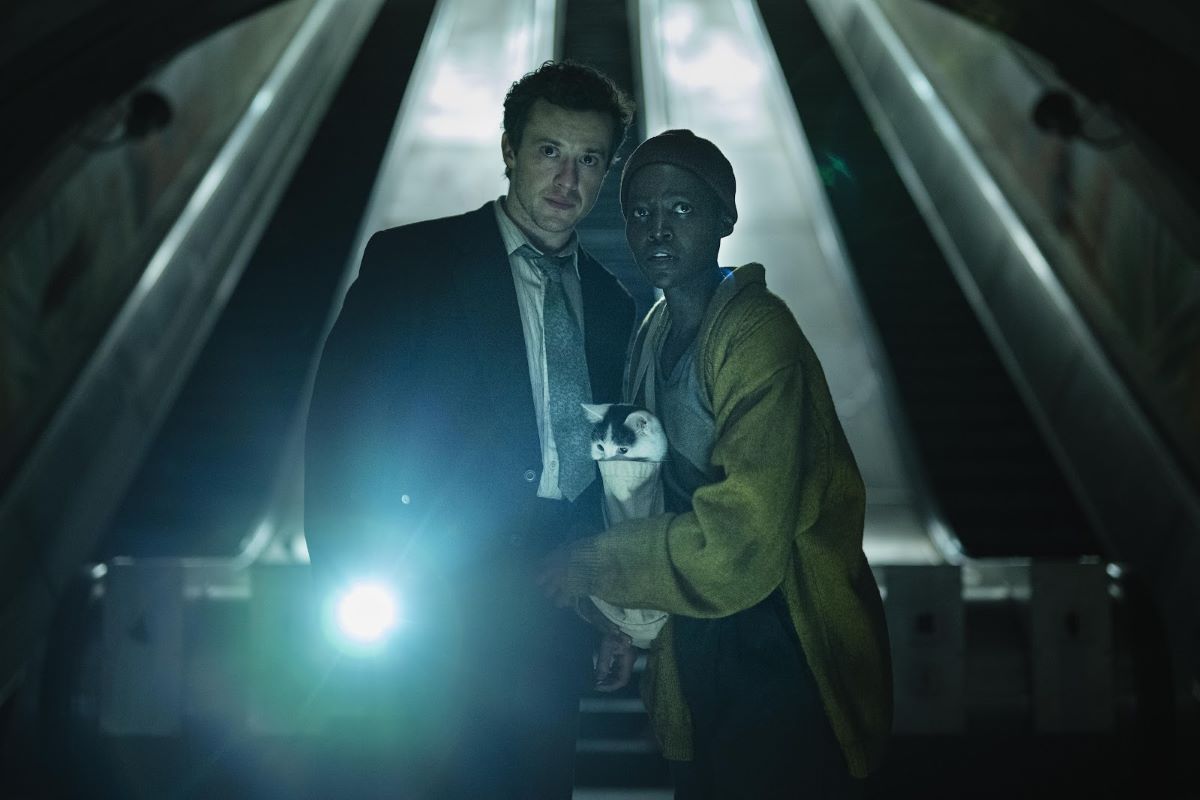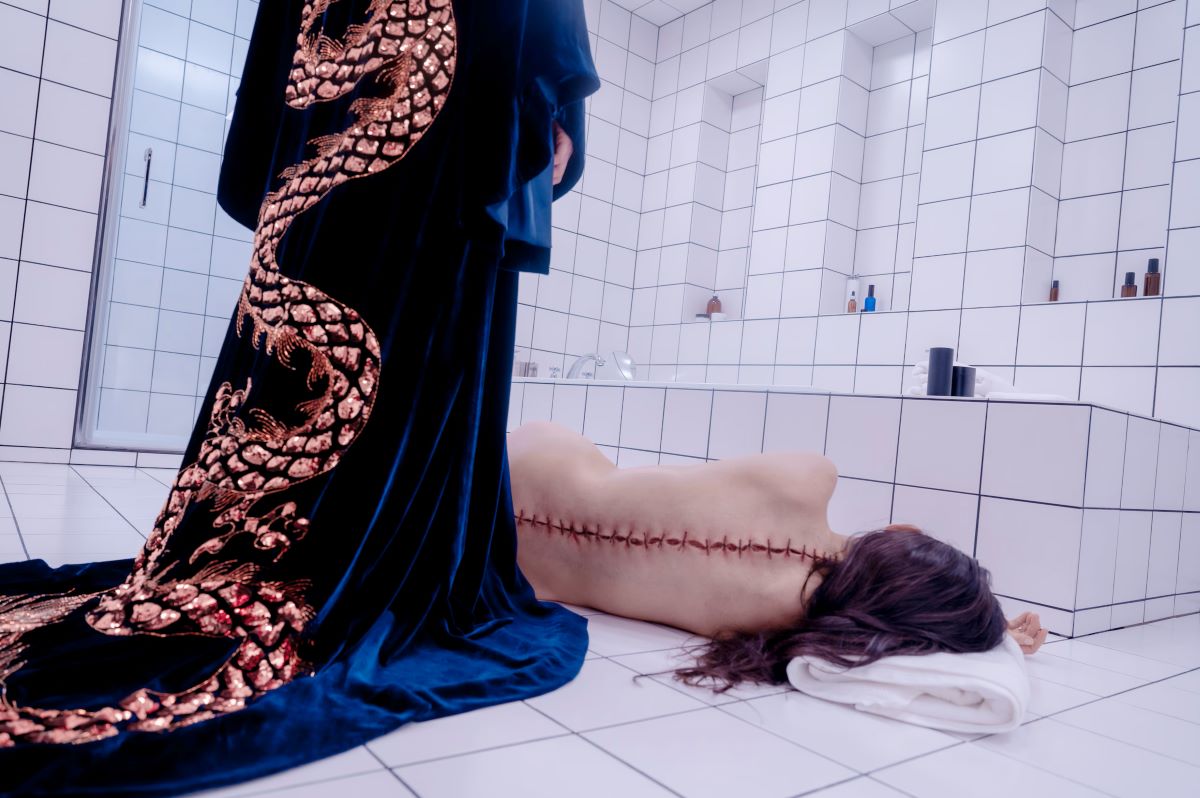Green Border (2023)
Directed by Agnieszka Holland
Europe Europe (Part Two)
In the treacherous swampy forests that form the so-called “green border” between Belarus and Poland, refugees from the Middle East and Africa attempting to reach the European Union find themselves ensnared in a geopolitical crisis cynically orchestrated by Belarusian dictator Aljaksandr Lukašėnko. In an attempt to provoke Europe, the refugees are lured to the border by propaganda promising an easy passage to the EU. As pawns in this covert war, the lives of Julia, a newly formed activist who has given up a comfortable existence, Jan, a young border guard, and a Syrian family become intertwined.
At the end of Europa Europa, over thirty years ago, the protagonist Salomon/Sally decided to leave the now-liberated Old Continent to reclaim his Jewish roots in the nascent State of Israel. After a grim wartime tale, the hero chose to abandon a world destined to reproduce its brutal patterns, seeking a “new” life elsewhere. It was 1990, the Berlin Wall had fallen a few months earlier, and the dissolution of the Soviet Union was on the horizon. A “new” Europe was emerging from the ashes of a conflict never fully confronted in all its traumatic might.
Thirty-three years later, with a dozen feature films in between, Polish filmmaker Agnieszka Holland seems to reconnect these pivotal points to understand history since 1945: the end of World War II with the defeat of German and Italian troops, and the end of the Cold War with the victory of the capitalist West. After the unconvincing Pokot, Mr. Jones, and Charlatan, Holland returns with Green Border (Zielona granica in Polish) to one of her main cinematic themes—at least on the European production side, as the seventy-five-year-old filmmaker has also worked at different paces and with different ambitions in Hollywood—namely the depiction of the continent during its greatest tragedies.
Today’s Europe is seen through the tragic diaspora of those from the world’s most afflicted regions seeking refuge in an opulent continent that won’t provide it. The migrant theme, already central to works at the Venice Film Festival like Matteo Garrone’s Io capitano, is addressed from the perspective of those from the Middle East, nearby Asia, and Africa, who not only struggled to approach Europe but also found themselves entangled in a deeply disturbing geopolitical situation. In February 2022, the Russian army crossed the Ukrainian border, sparking a conflict that has dominated European debate for over a year and a half.
Holland’s choice is undoubtedly clear and commendable, as she courageously suggests that in the Western collective imagination, there are “first-class” and “second-class” refugees, given the differing sentiments towards those fleeing the war from Kiev compared to those from other, more distant and culturally different tragedies. Green Border, which the director co-wrote with Maciej Pisuk and Gabriela Łazarkiewicz-Sieczko (with significant directorial assistance from Kamila Tarabura and Katarzyna Warzecha), is divided into four parts—with an added epilogue (which will be discussed later)—to provide the broadest possible perspective on events set in 2021.
There is a Syrian family wanting to reunite with relatives who have already found refuge in Sweden, a young soldier sent to patrol the border, activists trying to provide aid in a deplorable situation, and a psychologist, the focus of the fourth and penultimate chapter. Following the classic narrative scheme, these different and, in some ways, divergent characters are inevitably forced to meet and clash in that shameful historical phase—prior to the Russian-Ukrainian conflict—where the Belarusian army and the Polish border police openly manipulated the bodies, despair, and convoluted European asylum laws, making life even more hellish for the refugees seeking shelter.
Holland adopts a dry style, made seemingly rigorous by the use of black and white—a purely decorative choice in much of contemporary cinema—crafting a staged tragedy with an arthouse feel that doesn’t shy away from extreme harshness. This approach verges on the “pornography of pain,” which a near-documentary work should avoid. Holland ensures that elegance is never lacking, and Green Border delivers a few well-placed blows to the viewer’s visual certainties while also soothing them with photographic splendor, sharp contrasts, and perfect framing.
Nothing new, and perhaps not even deplorable, but this cannot help but open the door to rhetoric that at times lies like dust under the carpet, occasionally overflowing and heavily weighing down the whole. Similarly, the necessary j’accuse that the filmmaker directs at the European Union’s inertia and Poland’s political hypocrisy is partly diminished by the same artistic stance and a moralizing intent that transcends the boundaries of a narrative rendered inert by its overly refined visual construction.
In a film built on a perpetual paradox (showing the truth while refining the image and crafting it “artistically”), the strong choice of the epilogue stands out. This already mentioned epilogue draws a stark comparison between the welcome given to those fleeing Russian bombardment and non-Caucasian immigrants who remain trapped at the green border, which the title rightly references. This is a real act of courage and, above all, a political statement that rises above mere rhetorical or simplistic readings, revealing the enormous void at the heart of Europe and its meaning. There are no longer any “new” nations to seek refuge in.
Raffaele Meale
Quinlan, September 7, 2023

